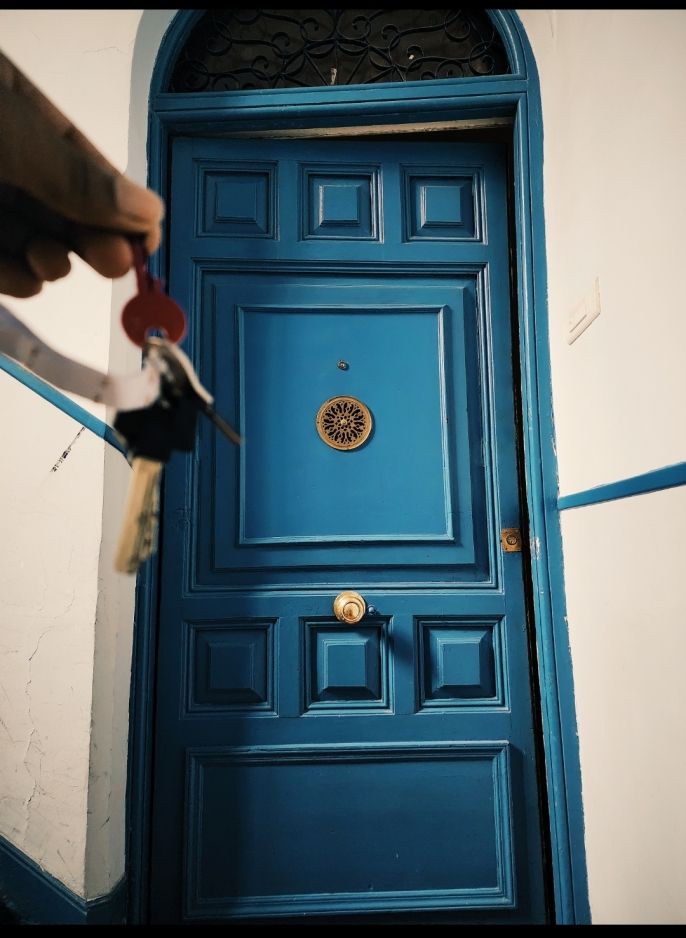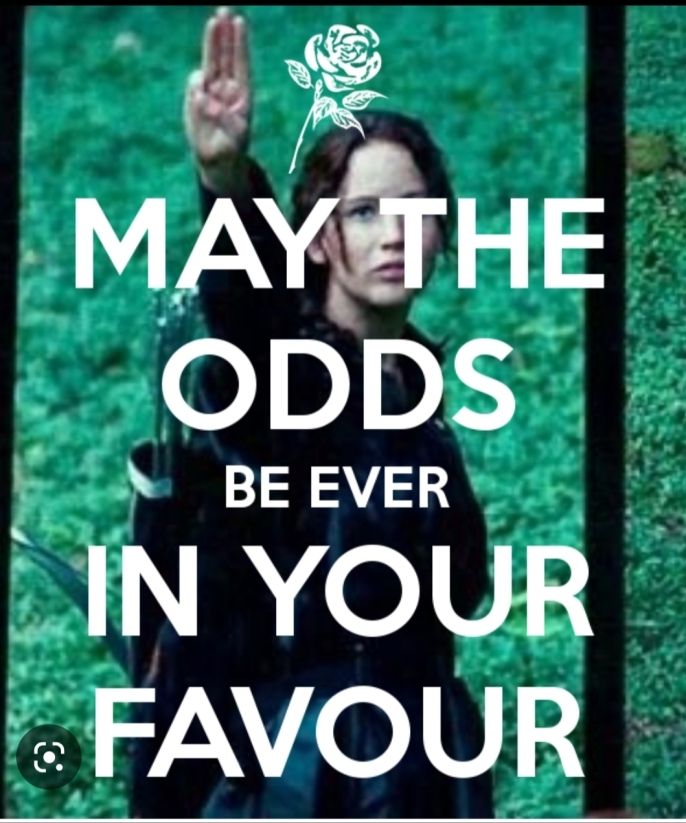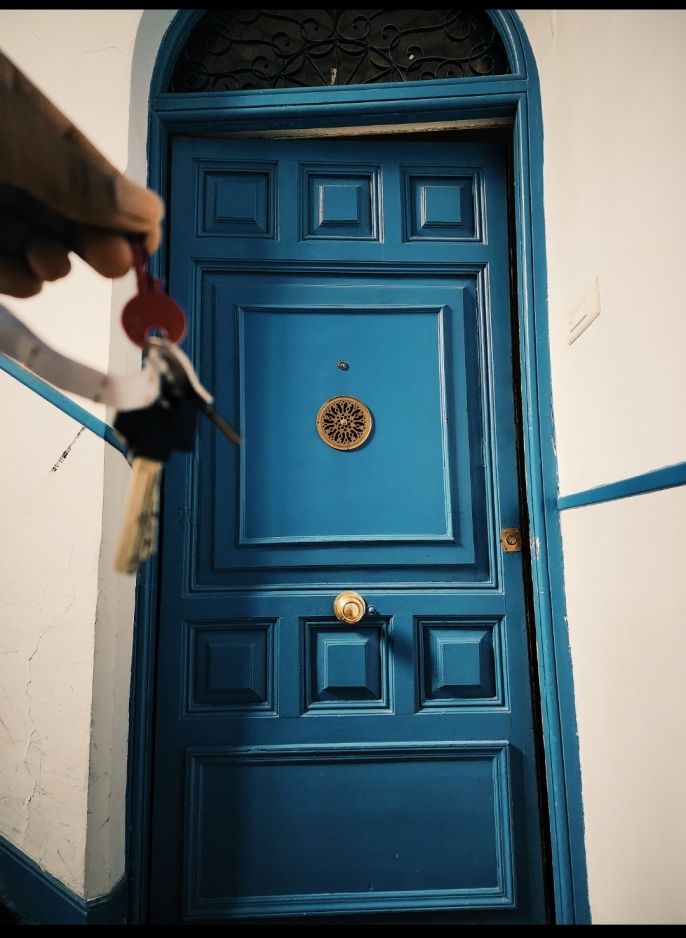The Search for an Apartment (may the odds be ever in your favor)
For many participants in the aux program, this was their first time finding a place to live and their first time living on their own . I happened to fall into the this category so I’ve decided to give my advice to hopefully spare you the headache-inducing apartment search, or at the very least alleviate some of the symptoms .
1) Have an idea of where you want to live.
Unlike American cities, the center of Madrid is small and well connected with most neighborhoods within walking distance to one another or just a few metro stops away. When I was searching for a place to live, I wanted my commute to be less than an hour away from my school and religious activities. I did look at some apartments close to my school, but my school is located in a working class and family oriented area so it was not an ideal location for me.
The best way to get an idea of where you want to live is to explore. Granted, the anxiety and stress of finding a place doesn't really leave one with the mental space to just take a stroll in some neighborhoods, but it will prove beneficial.
2) Have a budget and stick by it
My goal was to keep my rent and utilities under 1000 euros per month. I worked a lot prior to arriving in Europe so that I would have enough money to pay for rent without depending on the monthly stipend. During my apartment visits, I asked the real estate agent what the average monthly electricity and water bill was for the previous tenant, as this would give me an idea of what I could afford. I also have to include wifi, food, and entertainment in mind as well.
A rough breakdown of my monthly expenses:
Rent: 850 Euros
Water: 8 Euros
Electricity : 40-60 Euros
Note, the cost of electrcity varies monthly because it depends on how much I use. So far it has not reached more than 60 euros a month.
Wifi/Cell phone plan: 50 Euros
As you can tell, my rent and utilities are under 1000 Euros a month, thus sticking to my goal.
3) Do not settle, but be flexible
I viewed 11 apartments before I found the one I wanted. Although it was mentally exhausting, the other apartments I saw didn't have what I wanted or were out of my budget. I wanted a fully furnished apartment, with an oven, fridge, balcony, and a sofa that converted into a bed for when I have visitors. Once I chose not to sway from those requirements, my search became easier. Fully furnished was a necessity because I didn't want to spend money on furniture that I may use for just a year. I wanted a balcony because it would offer natural light, thereby reducing my electricity bill. I also love plants and they need natural light. Some apartments have ovens; others have toaster ovens. I love to cook however, and an oven was nonnegotiable.
How to be flexible? You may not get the furniture you want, or you may have to walk a few blocks to the nearest metro stop . Or you may have to deal with something else that isn't ideal. Either way, find out what is important to you and your search should become easier.
4) Visit the apartment at night
Sadly, this is where I went wrong. I live next to a club, a Michelin star restaurant, and a very popular pizza restaurant. So safe to say on the weekends, the noise outside can be quite a nuisance. If I had visited my apartment at night before signing the lease, I may have not chosen to live there, or at least be less irritated.
But instead of whining, I’ve adapted and bought some ear plugs.
5) Avoid agencies
Some apartments are leased directly by the owner and others have an agent involved. If you are working with an agent, then you will have to pay an agency fee directly to the real-estate agent. This could be as much as your first month's rent, which is money that could be used elsewhere.
6) Speaking Spanish will go a long way
Yes, you can get by in this country without speaking the language, but it's helpful to know some words or to have a script ready. I have heard unfortunate stories of people getting hung up on just because they didn't speak any Spanish. If you can bring someone along who speaks the language or who can call listings on your behalf, it will definitely save you a headache.
7) A race against time
While scrolling on Idealista (the only app I used), if you see a place that you like, call immediately. September is a busy month where students and English language assistants are all fighting to find a place to live. So if you can, call and arrange a viewing as soon as possible. There were times when I called and the place was already taken or the owner forgot to take the listing off of Idealista.
8) Show them the money
I know this may go against our natural tendency to have a large sum of cash on hand, but having the security deposit in cash can help you secure a spot faster. During a viewing you may be told that there are four more appointments after you or don't take too long to decide because others are interested. This may add a level of stress but once you have the gut feeling that this is the place, don't hesitate to put the money down and to sign.
9)Have the necessary paperwork
Renting to a foreigner can make some landlords uneasy but if you show them your contract for work, a copy of your passport, and a copy of your visa, then they are more likely to let you rent the apartment/studio. So for every viewing have copies of these on hand, just in case. Preparation always saves time.
10)YOU WILL FIND A PLACE, TRUST THE PROCESS
If any of this scares you, or causes you to fret, don't worry! Everyone ends up finding a place. Some sooner than others and that's okay. You may have to stay in an Airbnb or hostel for a few weeks. But places are always available. If you can't handle not knowing where you may live, you can do a long stay Airbnb but be prepared to spend a lot more.
Related Posts
The Ultimate Café Guide to Madrid
Looking for the best coffee shops in Madrid? This guide covers top spots for specialty coffee, matcha, delicious brunch, and cozy vibes—perfect for anyone craving quality drinks and Instagram-worthy interiors. Whether you're a local or visiting, these must-visit cafés offer the ultimate Madrid coffee experience.
Not Just for Business: Why Your Trip Needs a Mission Statement
If you're seeking deeper meaning and fulfillment in your travels, creating a personal travel mission statement can help guide your journeys with purpose. By aligning your trips with your values, goals, and vision for growth, you transform travel from simply visiting places into a powerful experience of connection, learning, and inspiration.
Wish You Were Here—Wish I Were There
Not a day goes by that I’m not deeply grateful for the incredible experience of living in Spain. From weekend adventures to the thrill of navigating a new culture, it’s... keep reading



